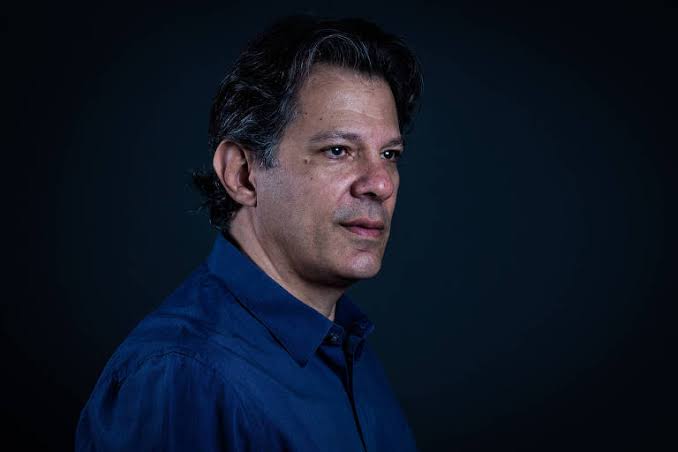Brazil intends to set emission caps for major industrial polluters as a part of its green transition initiative.
This effort aims to bring the nation to CO2 neutrality by 2050.
Central to this strategy is establishing a regulated carbon market and a phased reduction in fossil fuel subsidies, accompanied by encouragement for electric public transport.
Rafael Dubeux, an adviser to the Finance Minister, mentioned that these reforms would touch every economic sector.
“This strategy is set to boost employment, GDP, and the income of the Brazilian people,” he noted.

The regulated carbon market will impact around 5,000 businesses emitting over 25,000 tons of CO2 equivalent annually.
Industries like steel, cement, chemicals, and aluminum production are expected to be the most immediately affected.
The specific emission caps remain undecided, but the goal is to progressively reduce them until emissions are neutralized.
Dubeux emphasized the drive towards corporate investment in decarbonization and innovation, with a keen focus on ensuring the credibility of Brazil’s carbon credits internationally.
Some details of the plan were shared recently, portraying it as Brazil’s bid to ecologically transform its economy.
The proposal for the carbon credit market will soon be forwarded to Congress, where it might face opposition.
However, other facets, including fiscal incentives to boost decarbonization, might be implemented through executive orders.
The impact of a regulated carbon market on the economy is still under review.
Still, preliminary estimates suggest a potential 2% GDP rise and a 20% income increase for the poorest segment in the upcoming years.
This initiative complements the recently announced US$345 billion (R$1.7 trillion) Growth Acceleration Program, which will fund energy transition projects and other green ventures.
However, some funded projects have raised eyebrows, like the Ferrogrão railway, planned to pass through a part of the Amazon region.
Despite environmental concerns, the project has recently received a nod for resumed technical studies.
These strategies mirror Brazil’s endeavor to balance immediate economic requirements with a sustainable future vision.
He said, “Given Brazil’s economic position, a complete halt and restart isn’t feasible. Instead, we seek a swift, gradual transformation.”

